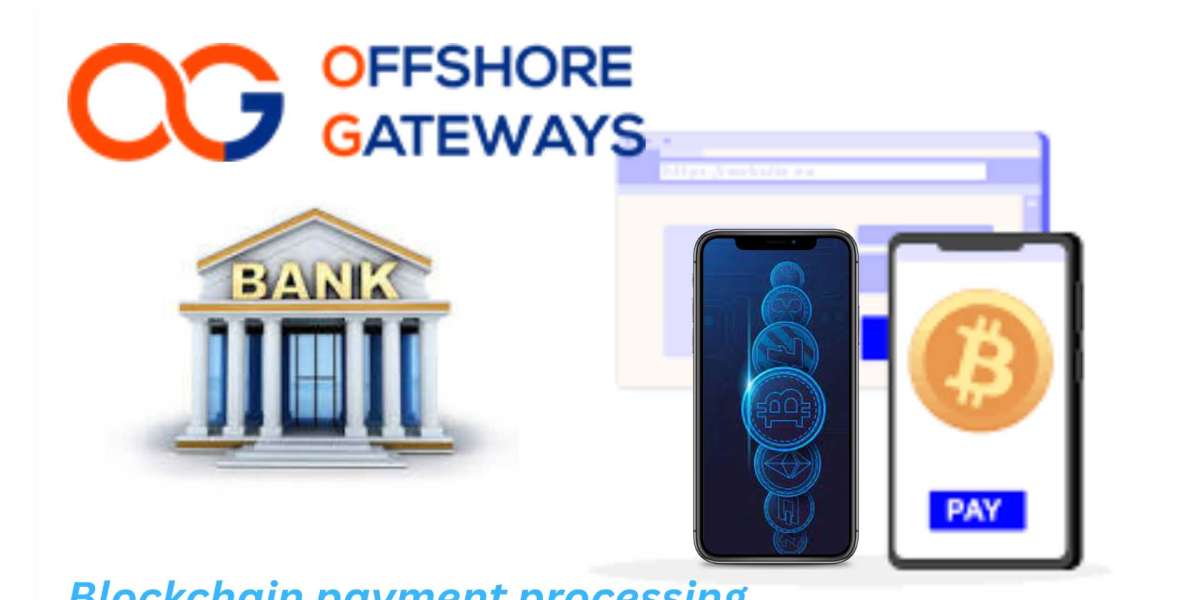Blockchain for payment processing
The ideal technology for use in payment systems is "blockchain Payment technology". Today, we'll go deeper into the potential advantages of blockchain in the payment industry.
Blockchain technology promises quicker, more affordable, secure payment methods in addition to a distributed ledger that can foster participant confidence. "Blockchain payment processing" was first used to support digital currencies, but it is now used in many different businesses, including payments.
In actuality, there are several problems with our payment system, and it is about time for a change. Often times, processing a transaction with added costs and inadequate security might take days. Customers are reluctant to deposit or transfer their money via payment methods for this precise reason.
Also, a sizable segment of the populace lacks access to legitimate banking and payment systems. In this aspect, blockchain can really effect change. It can provide them the chance they deserve and significantly lessen all the problems in this industry.
So, the focus of this article will be on blockchain's application to payment systems. Any beginner who is interested in learning more about the implications of "blockchain for the payments sector" should utilise this tutorial.
What Are the Benefits of Using Blockchain in Payment?
Now that you know about the issues of payment industries, it’s time to understand how blockchain can affect it in a positive way. Well, blockchain is still not perfect now, but it can still offer a lot of features for this industry.
First of all, a more secure platform for transactional operations may be provided by blockchain. Indeed, employing a blockchain to handle payments can create new possibilities for both the customer and the business. By using a cryptographic hash function, the system will be protected against attempts to hack it and change the data as desired. Hence, blockchain can protect the network from both internal and external assaults.
Once more, the dispersed character of the network is followed by the "blockchain payment platform". Thus, there is no one regulating body. Given how corrupt the current central government is, this may really be a good thing. So let's say the systems are not under the jurisdiction of the centralised authorities. In such circumstance, customers may finally have faith that the system would provide them with the total protection they need.
Another advantage of blockchain in this sector is transparency. Now, there is no systemic transparency offered by this business. Customers are therefore unaware of how businesses handle and utilise their money. Blockchain, however, can restore customers' rights.
What is a blockchain payment platform?
Transactions done on a blockchain or distributed ledger system are facilitated, processed, and verified via transition phase "Blockchain payment mechanisms". Depending on the use case, these tools may be created for private users, companies, or financial institutions and will have a few different characteristics.
Blockchain technology is used by blockchain payment systems to enable speedy, secure, and "affordable payment processing services". They do away with third-party processors, shorten waiting times for money transfers, and simplify international payments.
Blockchain technology will be used to handle payments using blockchain payments or "blockchain payment systems". Blockchain will enable low-cost, secure, and rapid "payment processing". No matter how far apart the two parties are, money transactions will be facilitated.
https://www.offshoregateways.com/crypto-payment-processing
https://www.offshoregateways.com/best-cryptocurrency-payment-processing



